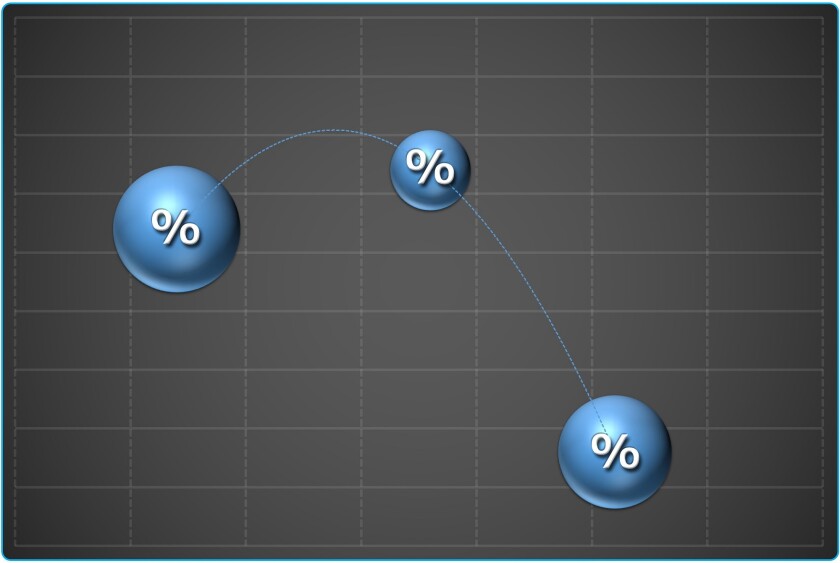A capital gains tax participation exemption for holding companies was introduced into Polish tax law under the so-called Polish holding company model from January 1 2022. It has already been subject to significant amendments, which are primarily designed to mitigate the effect of certain obstacles and enhance the regulations, and take effect from January 1 2023.
Tax exemptions for holding companies
The PHC model is based on two key corporate income tax (CIT) exemptions:
A dividend tax exemption – starting from January 1 2023, dividends received from Polish or foreign subsidiaries by a PHC will be 100% CIT exempt (in 2022, the exemption covers 95% of a dividend); and
A capital gains tax exemption – the profit from a qualifying disposal of shares in a Polish or foreign subsidiary to a non-related party is exempt from the 19% CIT normally applicable to capital gains.
Both exemptions apply if the subsidiary is seated in the EU, the European Economic Area (EEA), Switzerland, or outside these territories. Under the Polish CIT regulations, which implemented the EU Parent–Subsidiary Directive, dividends received by Polish companies can be CIT exempt under certain conditions; however, this exemption relates only to the profits received from EU, EEA, or Swiss companies. Consequently, the CIT exemption on dividends under the PHC model has a wider range.
Conditions to apply the PHC exemptions
A PHC and its subsidiaries have to comply with statutory criteria to apply the tax exemptions. Some criteria have been subject to amendments and, as a result, the PHC model should be accessible to more investors from 2023.
From 2023, a PHC can be formed not only as a limited liability company or a joint stock company but also as a Polish simple joint stock company.
A PHC must also meet the following conditions, which will stay in place for 2023 and subsequent years:
It must hold directly at least 10% of the shares in the subsidiary;
It cannot have a shareholder (directly or indirectly) with a seat in a so-called tax haven; and
It is obliged to conduct genuine economic activity in Poland.
From 2023, as opposed to the present regulations, a subsidiary can hold more than 5% of the shares in other entities, which means that the PHC model may be used at several levels of the capital structure. Additionally, the subsidiary can benefit from a CIT exemption on income earned in special economic zones or Polish investment zones. However, the Polish subsidiary should still be formed as a Polish limited liability company or joint stock company and, in the case of a foreign subsidiary, cannot have a seat in a tax haven.
The aforementioned conditions set for a PHC and a subsidiary should be met on the day preceding earning revenues from exempt dividends or the sale of shares for an uninterrupted period of at least two years. This will be a significant change in 2023, as in 2022 there is a one-year requirement.
Limitations
The Polish legislator has introduced limitations on the application of the PHC model.
In particular, the CIT exemption on dividends will not apply if the foreign subsidiary is qualified as a controlled foreign corporation of a PHC. This condition should be met back in three prior consecutive years (five years at present). However, the requirement does not apply to a PHC’s foreign subsidiary that is tax resident in an EU or EEA country if it conducts genuine economic activity in that country.
The CIT exemption on capital gains does not apply to the disposal of shares in a subsidiary, which assets consist of 50% (or more) in the real estate located in Poland.
Also, the purchaser of the shares cannot be a related party.
The regulations binding from 2023 do not change the above rules.
Other advantages of the PHC
Opting for a holding company in Poland and applying the PHC model may result in other benefits. For instance, the costs of establishing and operating a holding company in Poland are usually lower than in other EU countries. For Polish investors, it is a safer option than holding companies in other countries because there should be fewer disputes of a tax avoidance nature.
A PHC may conduct other operational activity alongside holding activity (for example, providing services or even running a factory) and benefit from other Polish tax allowances, such as relief for R&D activity or an intellectual property box.
Polish corporate law supports PHCs
Along with tax exemptions, new corporate law regulations for holding companies have been issued. They introduced a mechanism under which the interest of the whole group prevails over the interest of a particular company. In a holding group of companies, the parent company can issue legally binding instructions to its subsidiaries and, at the same time, the responsibility of the subsidiaries’ management boards for executing such instructions can be limited.
The new rules should lead to better management and functioning of holding groups in Poland.
Regulations regarding reorganisation processes will be introduced at the beginning of 2023. The proposed changes may be important for the application of the PHC model if a cross-border migration, a cross-border merger, or a spin-off of a company is required.













